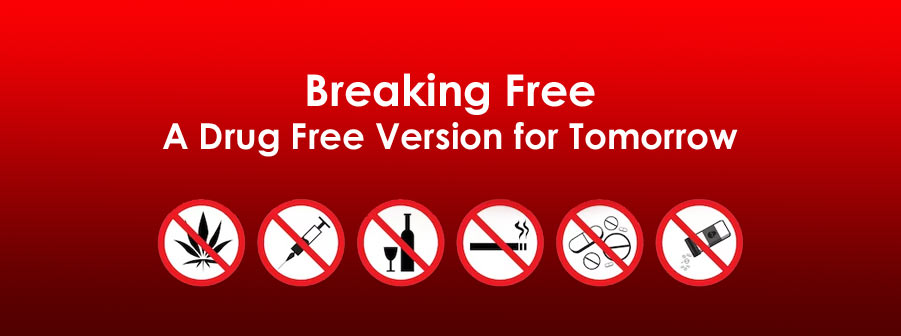
Best Practice 1
Best Practice 1

Breaking Free- A Drug Free Version for Tomorrow
Objectives:
1) Raise awareness about drug abuse and its consequences,
2) Prevent drug misuse through education and skill-building,
3) Provide support and counseling for affected students
4) Create a responsible and drug-free campus culture.
The Context
College students often experience newfound freedom and independence, which can lead to increased experimentation with drugs and alcohol. Substance abuse poses serious health and safety risks, including physical and mental health problems, impaired decision-making, accidents, and the potential for overdose.
By raising awareness about the risks and consequences of substance abuse, students are better equipped to make informed decisions and resist peer pressure. By instilling values of responsible decision-making and healthy living, colleges can contribute to a drug-free society beyond campus borders.
The Practice
This initiative employs a diverse range of strategies, all aimed at cultivating a drug-free and supportive campus culture.
Awareness Campaigns: Throughout the academic year, regular awareness campaigns are conducted. These campaigns employ dynamic mediums such as posters, workshops, seminars, and interactive sessions. Their primary focus lies in educating students about the severe repercussions of drug abuse. The campaigns underscore the detrimental impact of substance misuse on physical health, mental well-being, academic performance, and future prospects.
Life Skills Workshops: Interactive workshops are thoughtfully designed to foster skill development, nurturing resilience, decision-making abilities, and effective coping mechanisms. These workshops equip students with essential life skills, enabling them to confidently navigate challenging situations. Moreover, they empower students to effectively resist peer pressure associated with substance use.
Peer Education: Trained peer educators play a pivotal role in actively engaging their fellow students. Through this peer-driven approach, awareness about drug abuse prevention is effectively disseminated. These peer educators serve as relatable role models, providing a platform for open discussions on the topic.
Counseling Services: The college is dedicated to providing a secure space for students dealing with substance abuse issues or related challenges. Confidential counseling services, facilitated by trained professionals, offer a non-judgmental and supportive environment.
Evidence of Success
The "Breaking Free" initiative has demonstrated compelling evidence of success:
Problems Encountered and Resources Required
